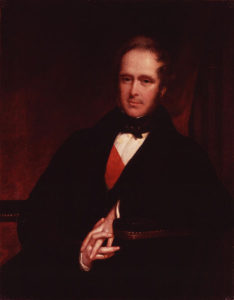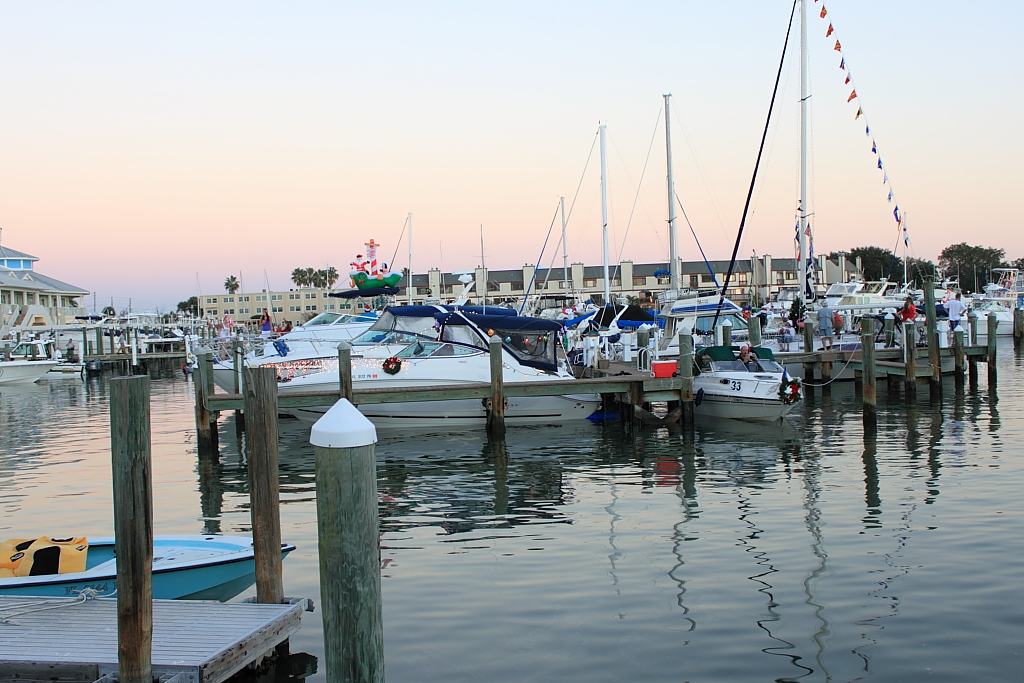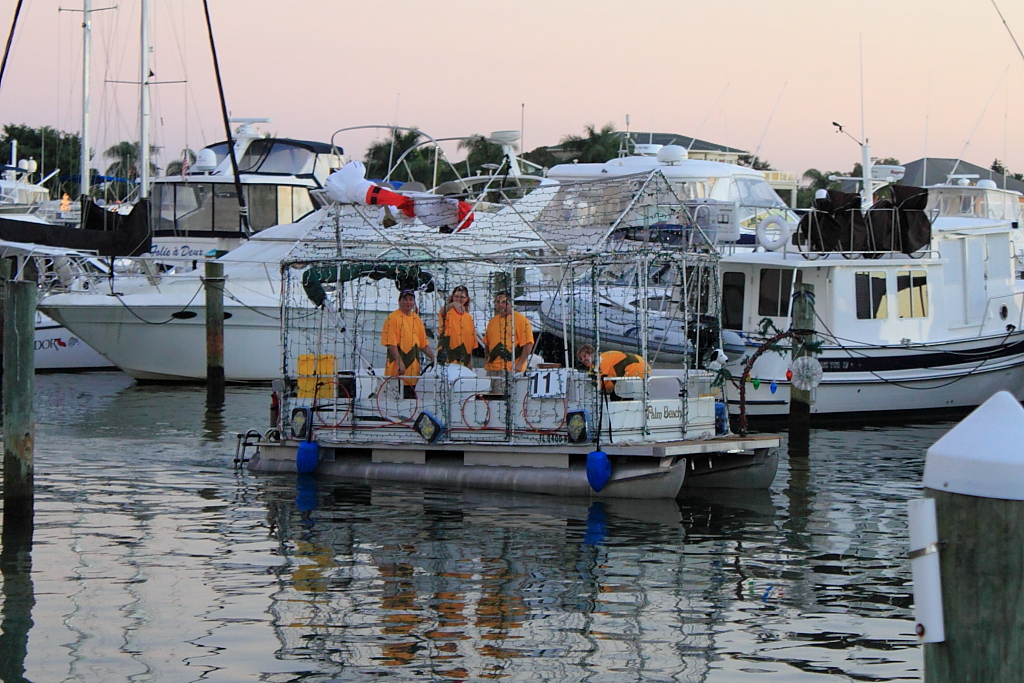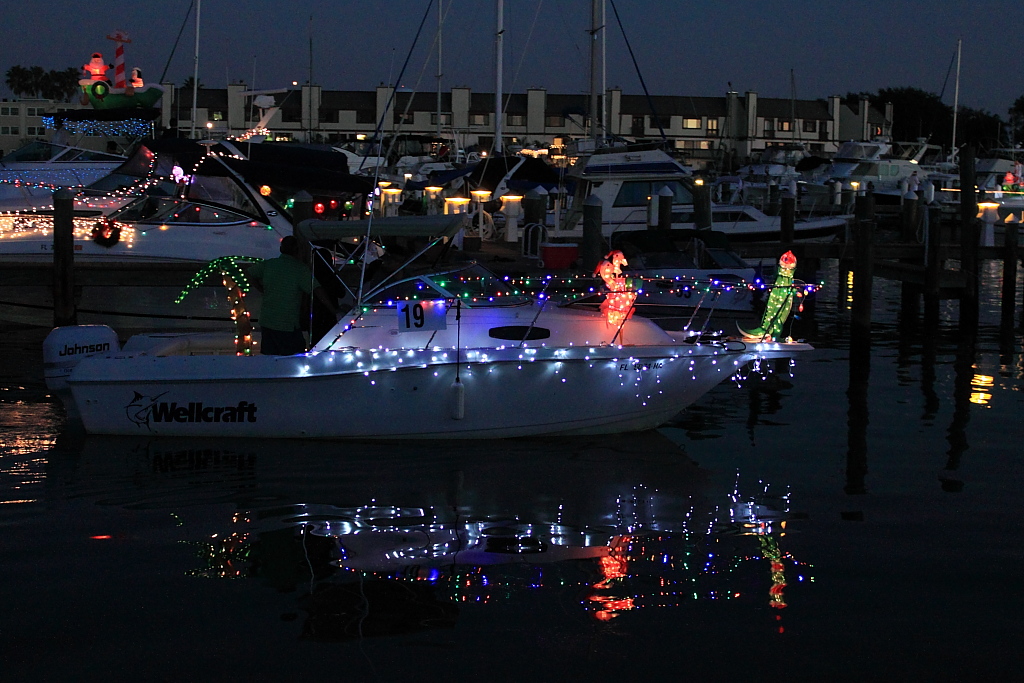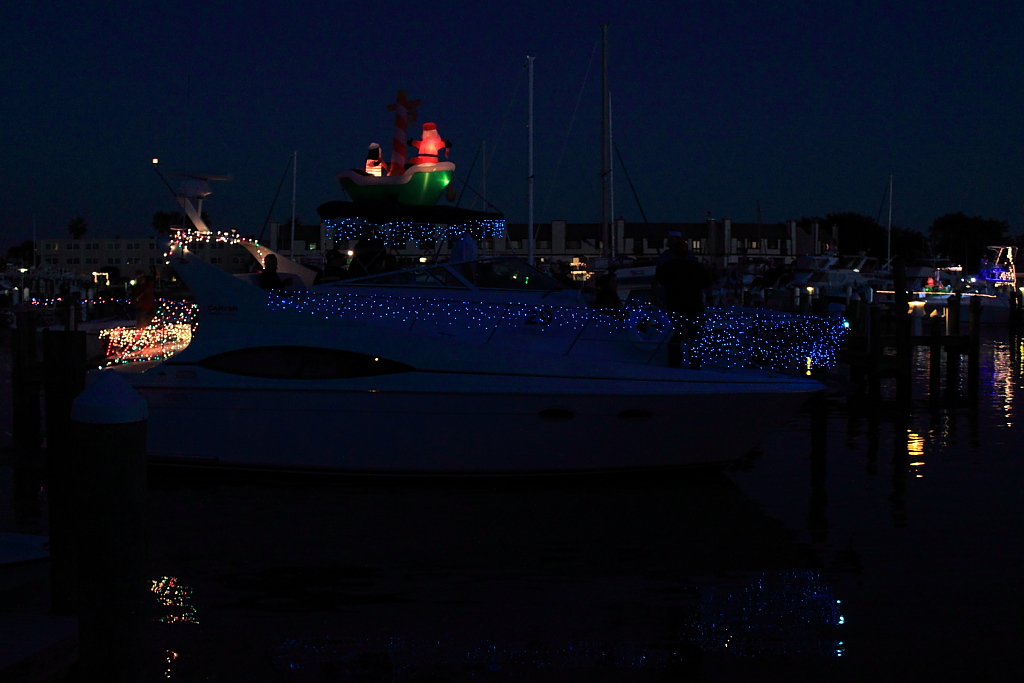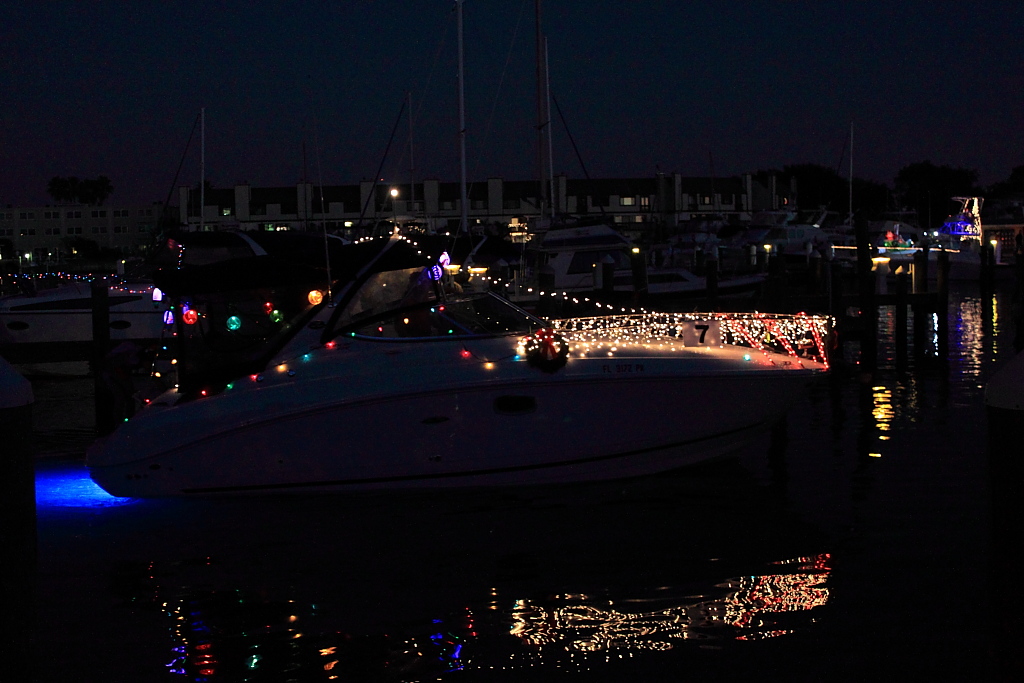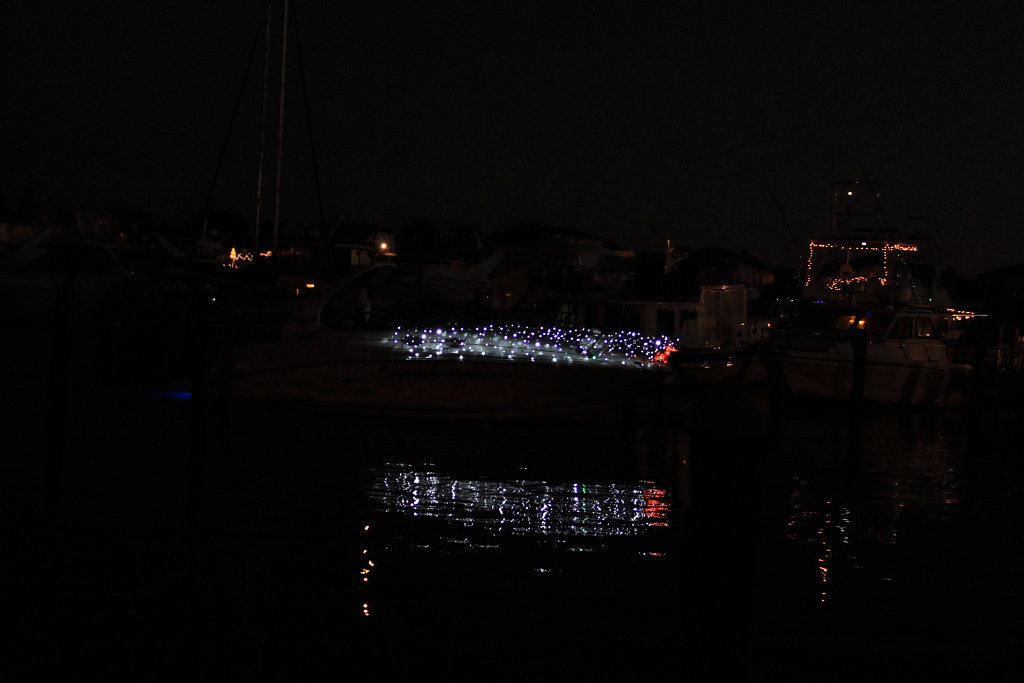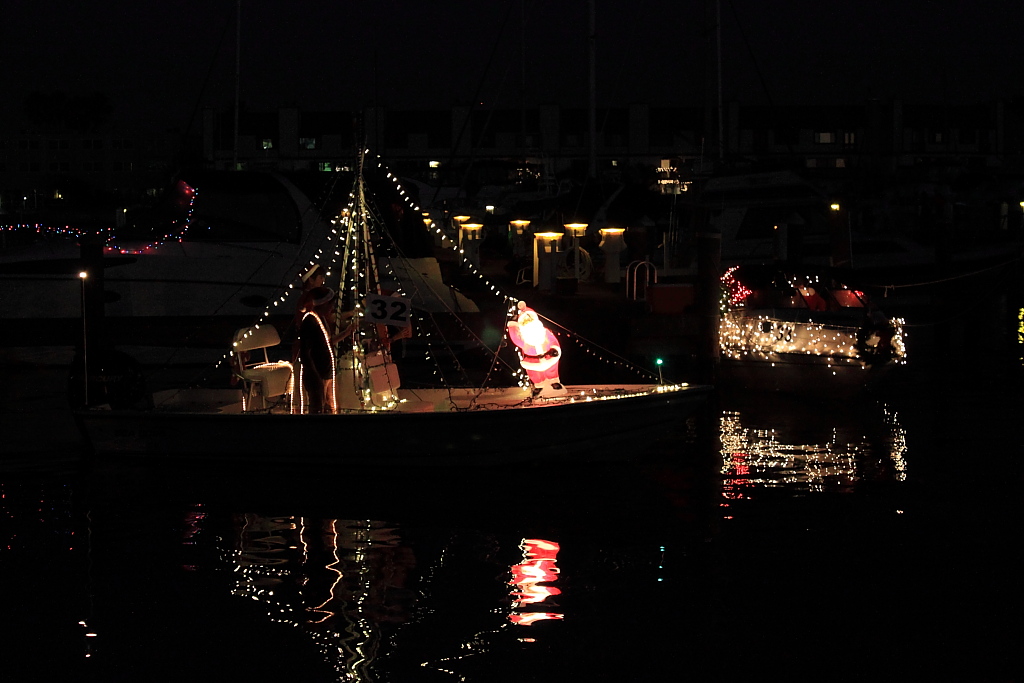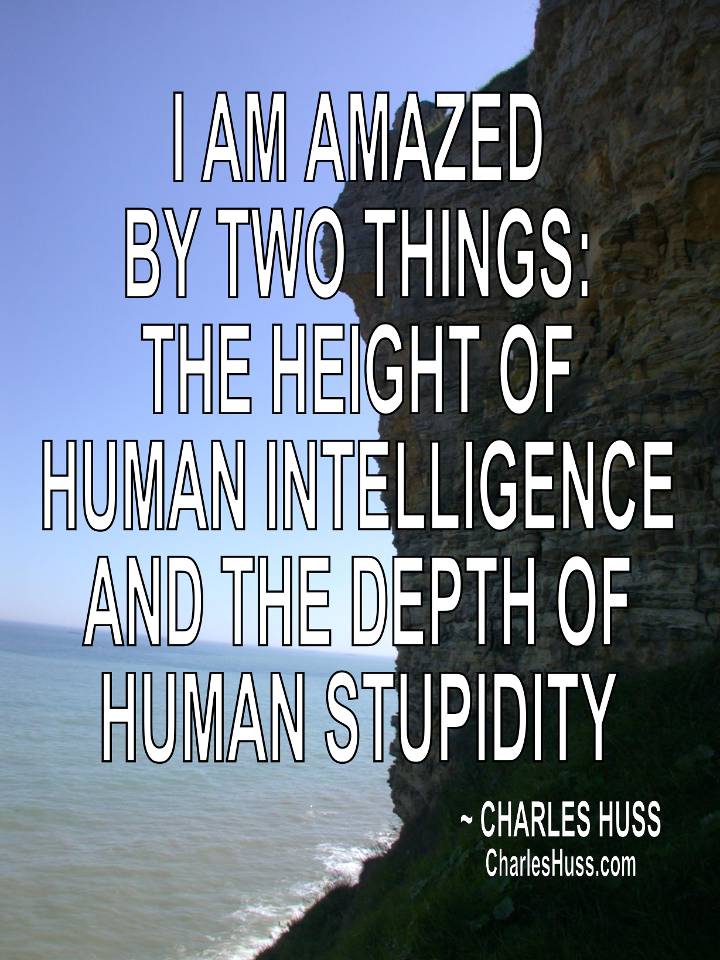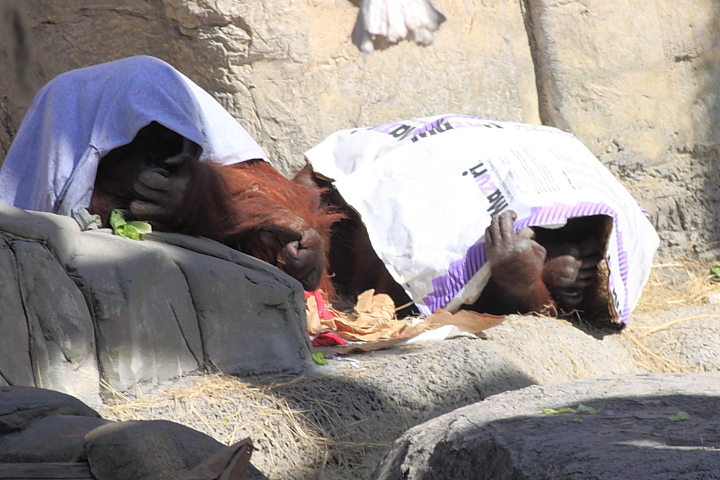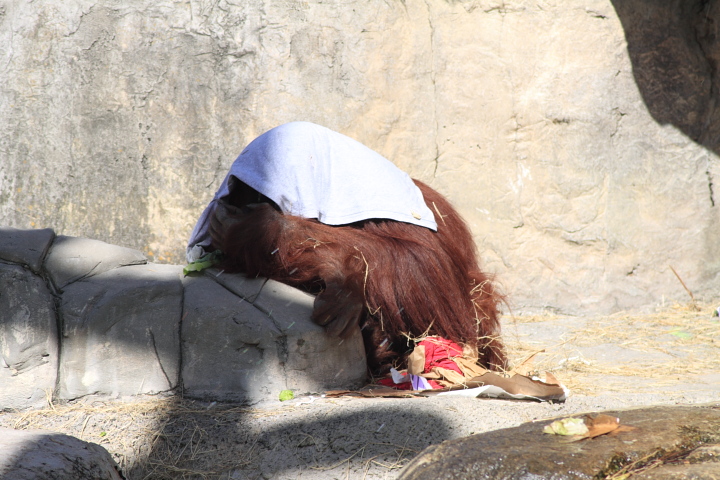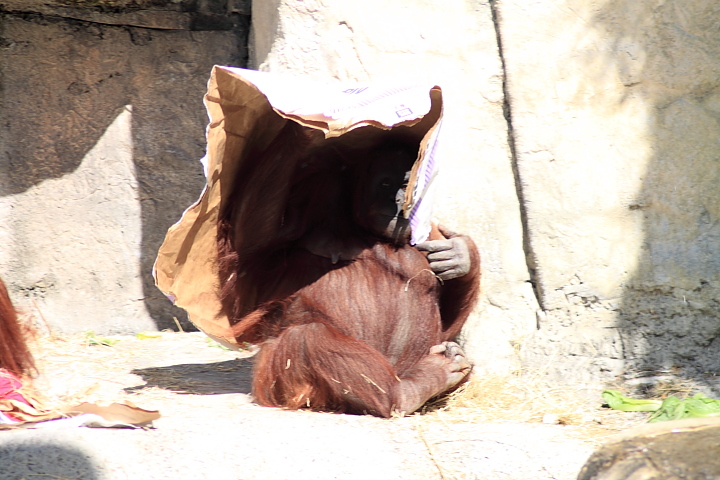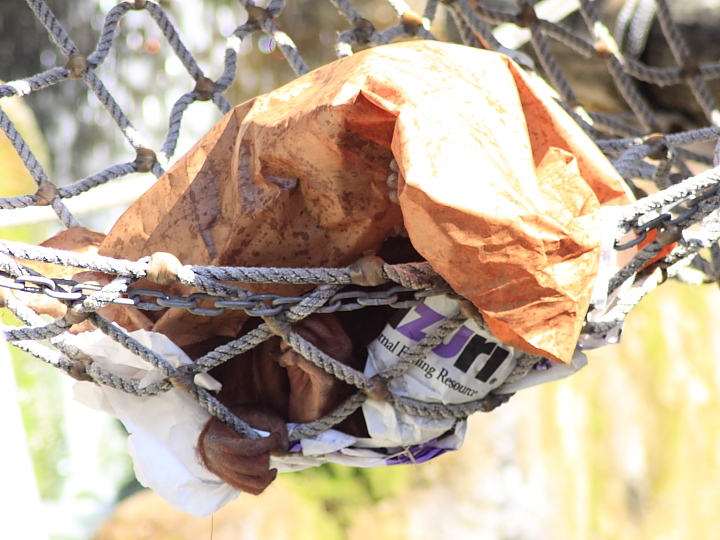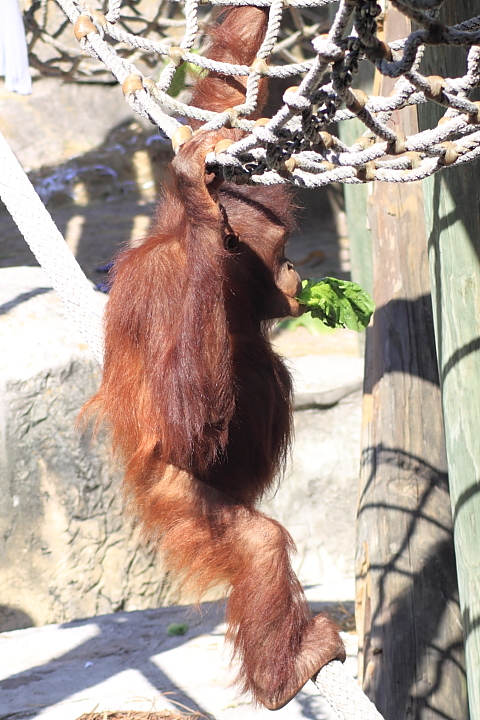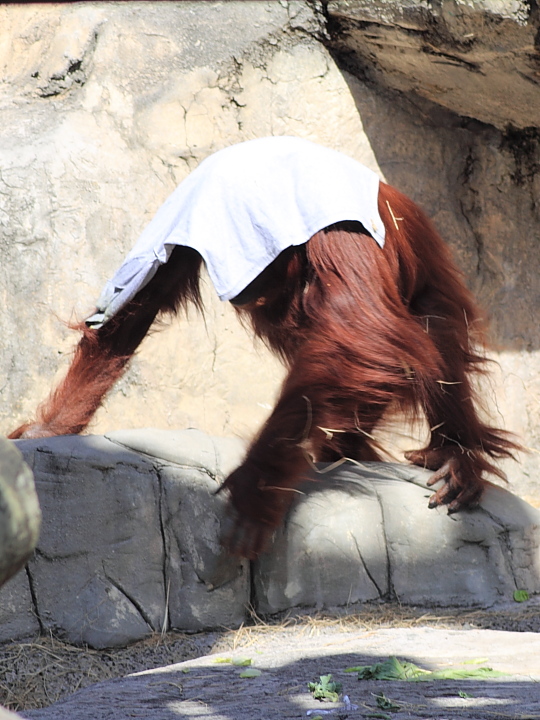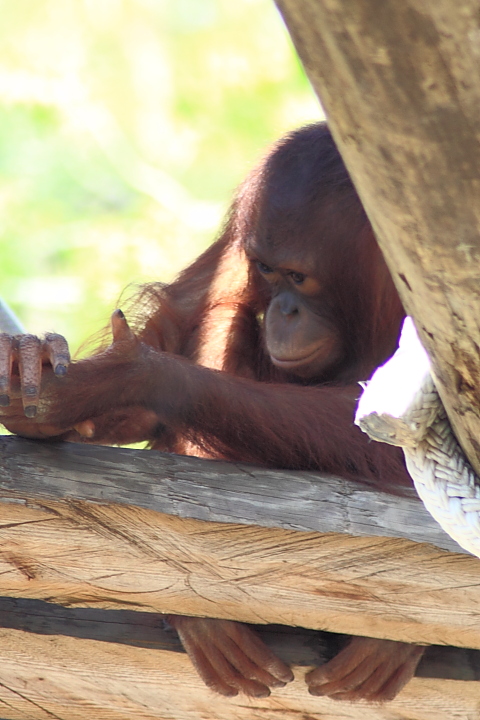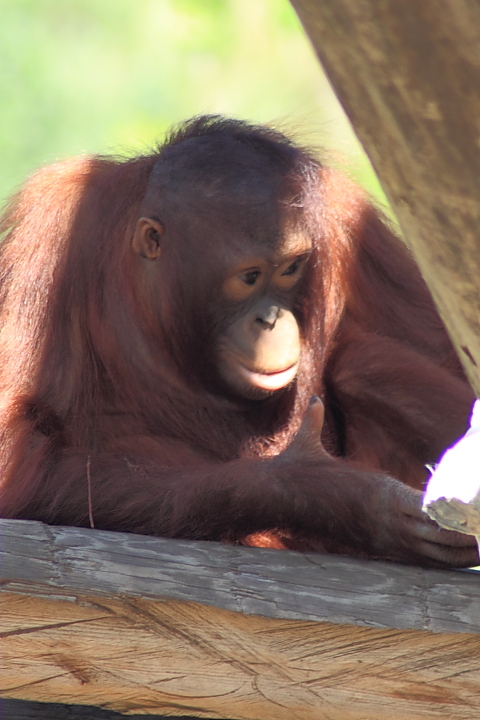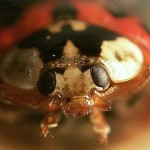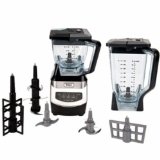Today marks 19 years since my father passed away. Even though so many years have passed, my memory of him has not faded very much nor has my capacity to miss him. He was a very special man and we had a great relationship for most of my life although that wasn’t always the case. From as early as I can remember until about age 13 I didn’t always feel comfortable around my dad. That is not to say he made me feel uncomfortable but often when we were alone, I didn’t really know what to talk about with him.
I don’t know if it played a part but my dad was good at everything he did, at least that’s how I saw it. Later, I realized that he had his flaws just like everybody else but at that time he was just a hard act to follow.
My dad also seemed to find himself involved in lots of interesting events. He and Mom saw the filming of The Blues Brothers and an episode of The Streets of San Francisco. He was actually on a hunting trip and ended up in the movie “Close Encounters of the Third Kind.” He was on a plane with Henry Winkler. He was stationed in Germany at the same army base as Elvis Presley. He walked into our local Kmart just as their roof collapsed from too much snow. There were other incidences that I don’t remember but all of that just reinforced the image of him being a hard act to follow.
Our personalities were different too. I was more like my mother, easy-going and soft-spoken, while my dad was a big storyteller and liked the attention. I always downplayed my stories while my dad could stretch the truth into a very interesting yarn.
My father also had different interests than I did, although I did learn to appreciate some of his interests later in life. We would go on camping trips when I was a child and I never really liked it back then but when I became an adult I learned to appreciate the outdoors. He was also a computer programmer but it wasn’t until I moved to Florida that I started taking computer programming in college, too late for him to help me from 1200 miles away.
One thing he did that I never learned to like was hunting. He used to go on hunting trips a couple of times a year but I never went with him because I never had the heart for it. I suppose that might have been a good bonding trip for the two of us but it was not meant to be.
I remember the turning point in our relationship came when I was around 13 years old. I used to give him a hard time sometimes. Not often, maybe once a month or so, but I would argue with him about something to the point that I would really piss him off. There were times where he literally chased me upstairs to my bedroom where I expected him to give me a good beating but his beatings were always pretty lame, which I later really respected him for. He was doing the best he could with a difficult son.
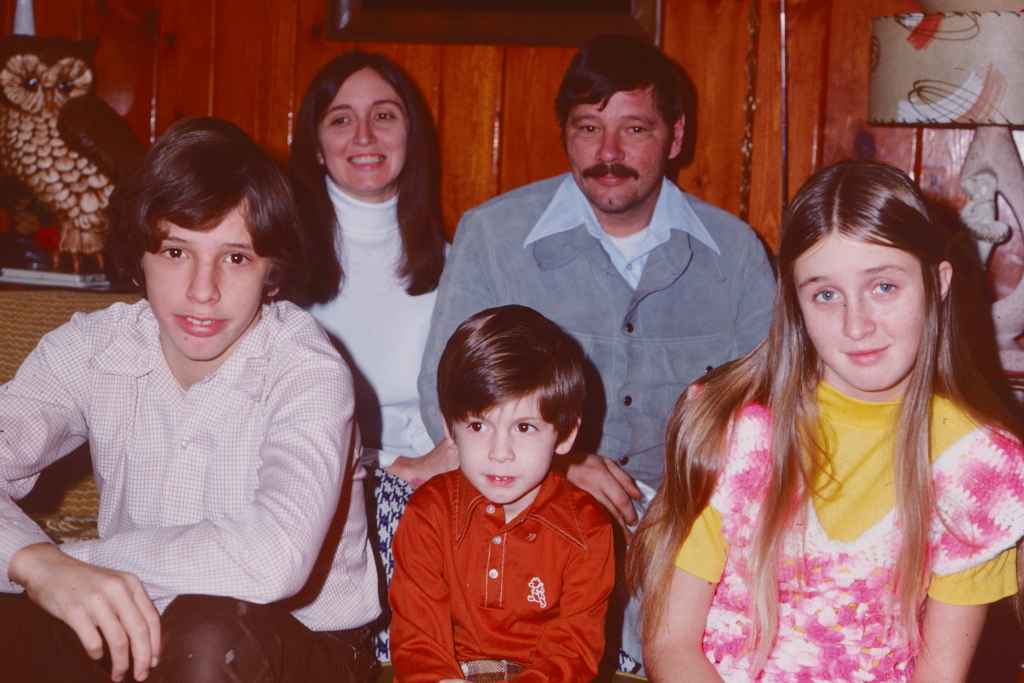
Huss family circa Christmas, 1975 – L-R Me, Mom, Matt. Dad, Holly
One day we were all in the car and I said something that really angered him. I don’t remember what it was but I remember I was in the backseat and he was driving. He tried to smack me but he couldn’t reach me. At that moment I had an epiphany. I thought maybe our relationship problems were my fault and I decided to try to be a better son.
I don’t recall exactly what happened in the months to follow. I’m sure I wasn’t anywhere near perfect but our relationship did get better. Before I knew it, we actually had a real father and son relationship. I could hang out alone with my dad and actually have a good time.
A few years later he got a job as a college professor and I went to college where he worked, although I was in a different career program at the time. Even so, we still had some common interests that we could talk about. In fact, I enjoyed listening to his college stories. They may or may not have been a bit embellished, but I didn’t care, they were still interesting. One story involved him teaching his class how to use the floppy drive on their computers. He told them to insert the disk into the drive and then close the door. A student in the back row got out of his chair and closed the classroom door.
I moved to Florida in 1988 and Dad and I drove his van down packed with most of my stuff. It was a nice trip and dad and I got along very well. On the last leg of our trip, about 30 miles from our final destination we were on a lonely road and I was driving. Dad saw a turtle, probably a gopher turtle, on the side of the road. He told me to stop the van, which I did. He then wanted me to pick up the turtle because he wanted to take it with us. I said “No. What are you going to do with it?”
I don’t remember what he said but he proceeded to pick it up himself and bring it to the van. I felt like the parent then and told him this was a very bad idea. Just as he got the turtle inside the van it started peeing all over the place. Dad said, “Here, take it!”
I said “No way! Get it out of here!” He then set the turtle on the ground and we continued our trip. It wasn’t pleasant having turtle pee in the van but it gave us something to laugh about for a long time.
I think it was the laughing I will remember most about Dad. My fondest memory is of him telling this joke: “What do you get when you cross 25 female pigs with 25 male deer? 50 sows and bucks.” It wasn’t the joke but it was the way that he laughed at his own joke that I will always remember.
Anyway, on the way back to Illinois we picked up Dad’s parents, who lived in Clearwater at the time, and drove them back to Illinois to see my brother, Matt, graduate high school. I planned on bringing them home a week or two later when I moved to Florida permanently.
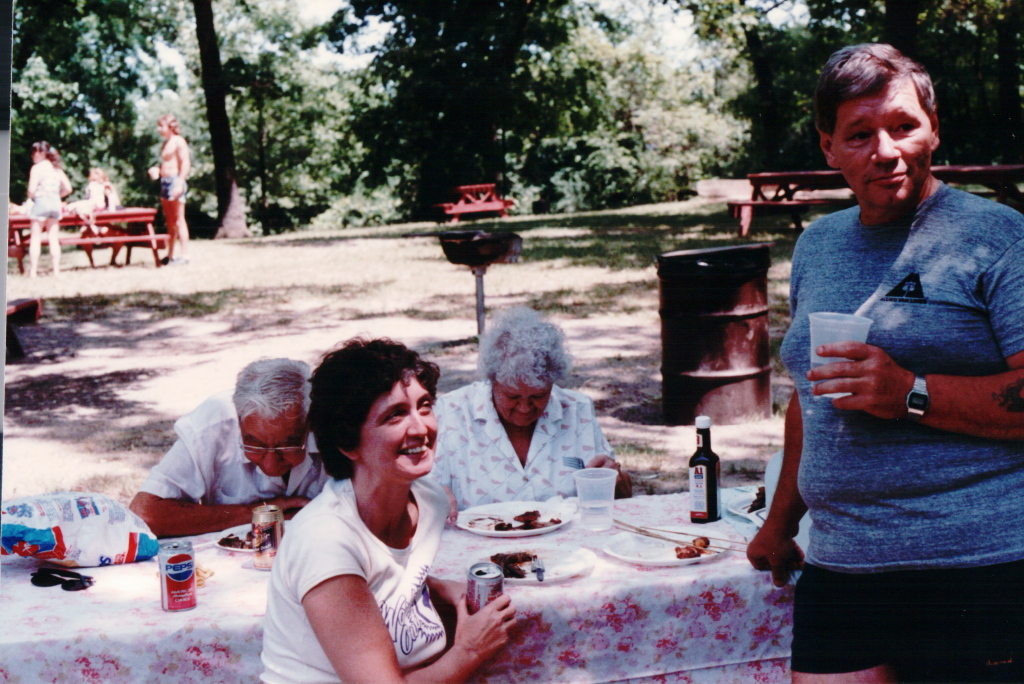
Mom and Dad with his parents, Ed and Betty
By the early 90s, I had a computer with a modem so I was able to access something that, at the time, was mostly used by college professors like my dad. It was called email.
Back then a long-distance call was expensive but with email, my dad and I were able to communicate back and forth essentially free. I had a free account that was provided by the Hillsborough County Public Library System, even though I lived in Pinellas County. We had a lot of conversations through email and I feel very fortunate that I was able to save some of them. I have emails that go back to April of 1996. Unfortunately, I was not able to save earlier emails, probably because I didn’t have the ability to copy and paste until I got a computer with Windows 95. Nevertheless, reading through these emails now is almost like having him here.
Early in 1995, I got an invitation to go to my brother’s wedding that summer in Illinois. I wanted to go but I could not afford to take a week off from work. Not long after that, I learned that my dad was diagnosed with colon cancer. I thought I would be a pretty lousy person if I both missed my brother’s wedding and missed an opportunity to see my dad in the event that this disease was worse than I hoped it wasn’t.
I brought my son, Chris, with me. Living so far away he hardly knew his grandparents and I wanted him to get to know his grandfather, and vise versa, before it was too late.
It was a wonderful wedding and Chris and I had a great time visiting my brother and his new wife as well as my Mom and Dad. Dad seemed to be in good health and I left there with a feeling of hope that things were not as bad as I feared.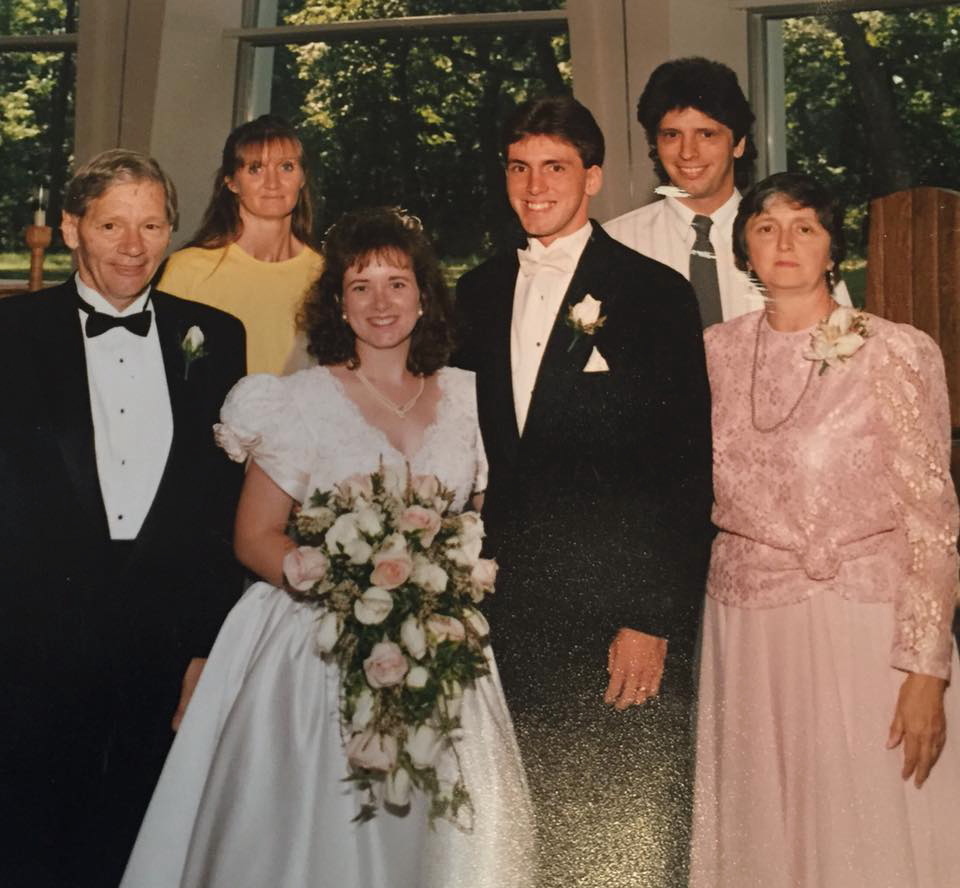
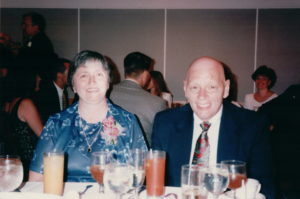 My parents came to Florida at least twice, possibly three times, after that. They came down in late June of 1997, shortly after my separation from my first wife. Dad drove their motor home down even though he had recently undergone chemo treatments and was bald from the drugs. He seemed perfectly healthy to me. That could have been an act for the benefit of others. If that was the case, he did a good job acting. We all went to my cousin’s wedding and he seemed to have a good time at the wedding and while he was he was here. I know he and my mom also went on a cruise but I don’t remember if it was during that particular trip or the next one, or perhaps both.
My parents came to Florida at least twice, possibly three times, after that. They came down in late June of 1997, shortly after my separation from my first wife. Dad drove their motor home down even though he had recently undergone chemo treatments and was bald from the drugs. He seemed perfectly healthy to me. That could have been an act for the benefit of others. If that was the case, he did a good job acting. We all went to my cousin’s wedding and he seemed to have a good time at the wedding and while he was he was here. I know he and my mom also went on a cruise but I don’t remember if it was during that particular trip or the next one, or perhaps both.
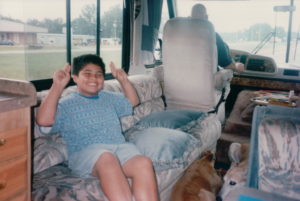 Chris and I drove back to Illinois with Mom and Dad in their motorhome. We stayed at their house for a few days and while we were there, Dad seemed to take delight in showing off his new wig. It looked good on him but I don’t think he really cared to wear it. He didn’t seem to have a problem showing off his bald head.
Chris and I drove back to Illinois with Mom and Dad in their motorhome. We stayed at their house for a few days and while we were there, Dad seemed to take delight in showing off his new wig. It looked good on him but I don’t think he really cared to wear it. He didn’t seem to have a problem showing off his bald head.
The next time I saw him was about a year later when Mom and Dad came down to Florida again. I remember him talking about his chemo group. I’m not sure if this was an actual group or if it was just several people that got to know each other through chemo treatment. He said there were five of them and at that time the other four had already died. That was the ultimate good news, bad news story. Was I supposed to feel hopeful because he was stronger than the rest of them or was he destined to follow in their footsteps?
I chose to remain hopeful but his health deteriorated at the beginning of 1999. Early in February of that year, I got the news that he may not last much longer. I don’t remember if I was given an actual time but I think I felt he had a month or two left.
Many different things happened in my life at about that same time. I was laid off from my job just before Christmas. That is the worst time to look for a new job but I was able to find one early in January but, unfortunately, making significantly less money. As fate would have it, at about the same time I was contacted by a mutual friend of my former boss who said that they were looking to hire someone. I arranged to go back to work for them but I had to go see my dad first.
Also happening at that same time was that my live-in girlfriend and I were splitting up. I left for Illinois with Chris and understood that when I came back she would be in the process of moving out, which actually pleased me.
We arrived on Friday, February 12th. Dad was worse than I expected. Hospice had come that day and brought a hospital bed for him which they set up downstairs in the basement. The room was actually a family room that my dad had converted years before and we spent most of our time down there as a family. He was almost too weak to walk up the stairs but was able to use the bathroom downstairs.
The next day he seemed to be even worse and the day after that even worse yet. He seemed to go in and out of stages of delirium. He had a scheduled appointment to see his doctor at the hospital that Monday morning. At that point, the only way to get him to that appointment was by ambulance. The hospital they took him to was a good 45-minute drive from the house. If memory serves me correctly, my mother rode in the ambulance and I followed behind with Chris and my brother Matt. I assume Matt drove us in his car but I don’t remember that.
When we got to the hospital, they admitted Dad right away. They had him on a bed all hooked up with tubes and wires. He looked terrible. His skin was yellow and I think it really hit me at that point that this was the end.
We stayed at the hospital until evening, although we did leave for lunch. Matt dropped us off at my parent’s house probably close to 10:00 that night. A few minutes later the phone ring. It was my uncle Dick, my dad’s brother. He said my dad was gone.
Even though the news was expected it was still incredibly saddening. I knew my brother hadn’t made it home yet so it gave me time to breathe a little before I called him with the news. When I did, he asked if I wanted him to break the news to Holly, our sister. She was still in Arizona and had tickets to fly down in a couple of weeks. I took the easy way out and said, “Yes, you could call her if you don’t mind.”
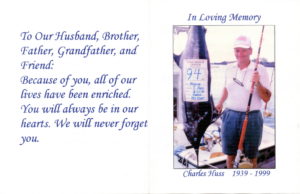 Holly arrived in Chicago the next day and I borrowed mom’s car to pick her up. We spent the next few days busying ourselves with funeral arrangements. We went with Mom to pick out a casket and a gravesite. While we were there the funeral director suggested making a memorial on poster board. So we bought a 3-panel poster board, like the ones you see at science fairs, and I got to work scanning pictures of my dad. I then printed those pictures on my dad’s color printer and we pasted them on the board. I also designed a memorial flyer. It was good busy work.
Holly arrived in Chicago the next day and I borrowed mom’s car to pick her up. We spent the next few days busying ourselves with funeral arrangements. We went with Mom to pick out a casket and a gravesite. While we were there the funeral director suggested making a memorial on poster board. So we bought a 3-panel poster board, like the ones you see at science fairs, and I got to work scanning pictures of my dad. I then printed those pictures on my dad’s color printer and we pasted them on the board. I also designed a memorial flyer. It was good busy work.
When my grandfather died I didn’t go inside during the viewing. I wanted to remember him alive, not lying in a casket. At my dad’s funeral, I didn’t have a choice. Up until that point in my life, I had never actually seen a dead person and the first time, unfortunately, had to be my dad.
I don’t remember the funeral much but I know seeing my dad in the casket is a memory I don’t want to remember. After the service, I was one of the pallbearers that helped bring dad into the Hearst. We then drove to the cemetery where there was another short service.
It’s strange the things you think about at a time like that. I was looking around at all the people there wondering if I was the only one shivering on that cold February day. I was.
After that, Chris and I went back home and I went about my life but things will never be the same, in both good and bad ways. My dad was gone so I would never be able to talk to him or send e-mails back and forth to him again. But my ex-girlfriend had moved out shortly after I got back and two months later I met the woman who I would spend the rest of my life with. I just wish that I had met her a few months earlier or my dad lived at least a few months later so that he could have met her and she could have met him.
I have a few regrets from that time that I still live with. I regret that I didn’t tell my dad that I loved him. That was just something that we never did. He never said it to me and I never said it to him but I’m sure we both knew. At least I hope he knew.
Another regret was not telling my sister to come sooner. I saw that Dad was deteriorating fast but I had no medical knowledge so I didn’t know what that meant. Holly had tickets to come down in a couple of weeks and I was worried if I told her to come now she might come too early and then be forced to go back home. As it turned out, she was not there for Dad’s final days and I blame myself.
Finally, I should have bought a Valentines Day card for my dad to give to my mom. He was not in a position to do anything for her that Valentines Day but he could have written something in a card that would have been meaningful, but the thought did not cross my mind until it was too late.
So today my father would have been just over 79 years old. Many men live to be 79 or older so it’s not unreasonable to think my dad could still be around if it wasn’t for that cancer. I know so much more today about health and cancer and I sometimes wish that I can go back in time and help my dad recover from his illness. But, of course, it is a foolish waste of time to think about what could have been. Instead, I should think about the people I love that are alive today, help them to be healthy, and never forget to tell them that I love them.
Like this:
Like Loading...
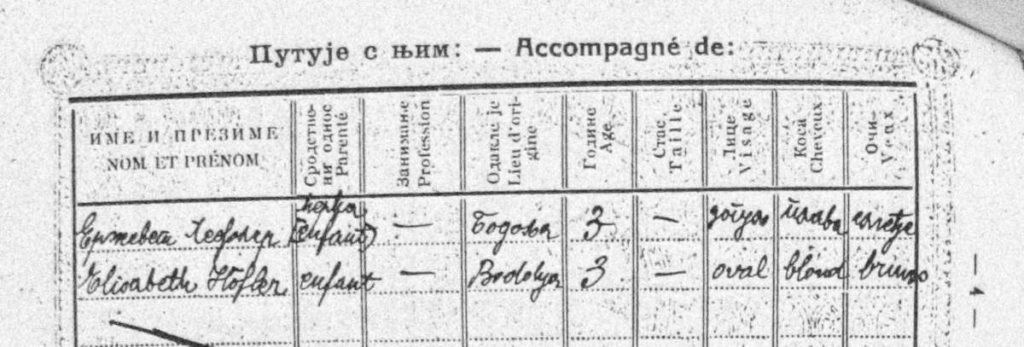
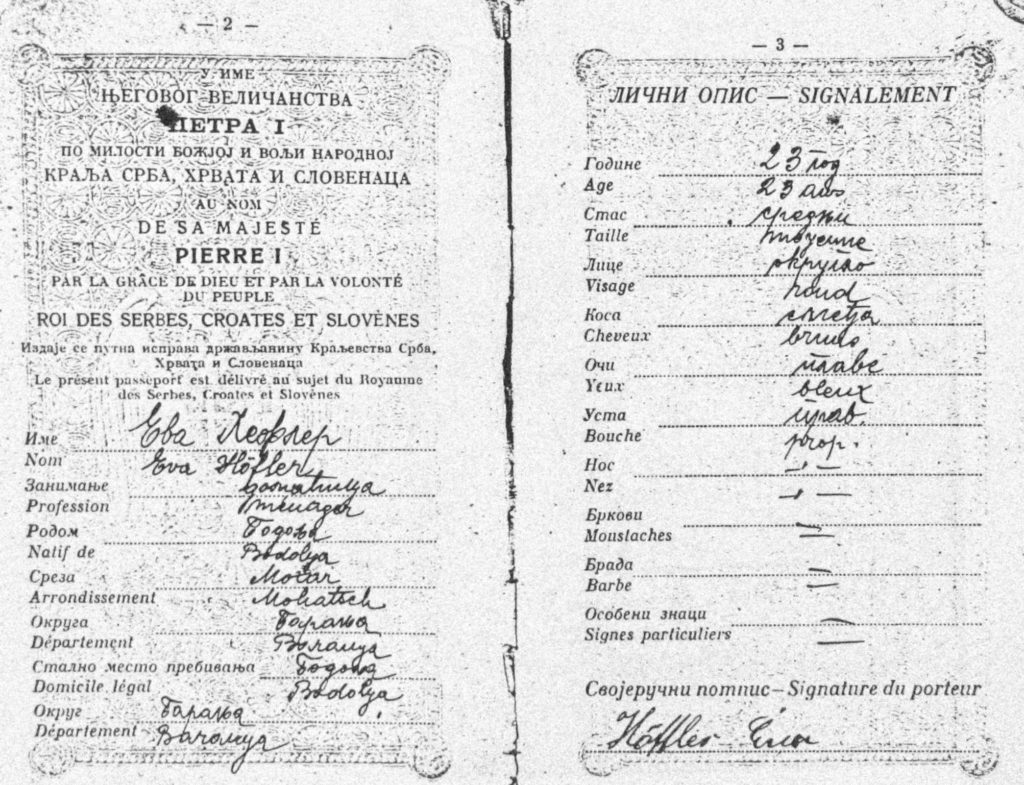

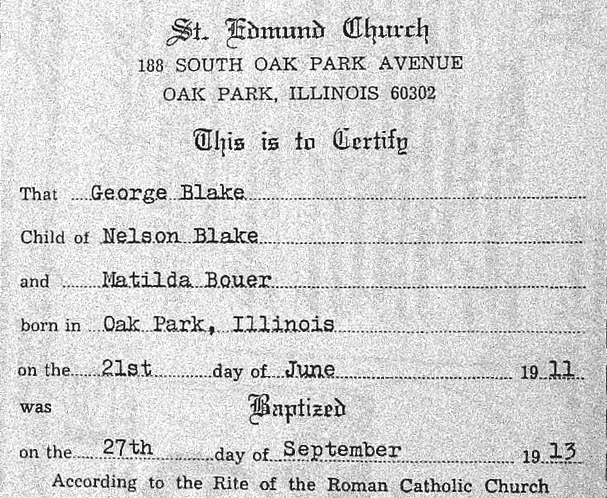


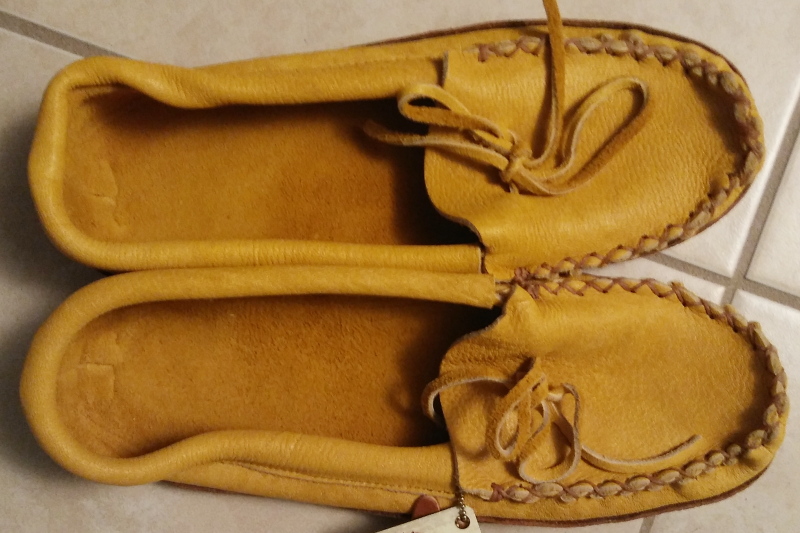
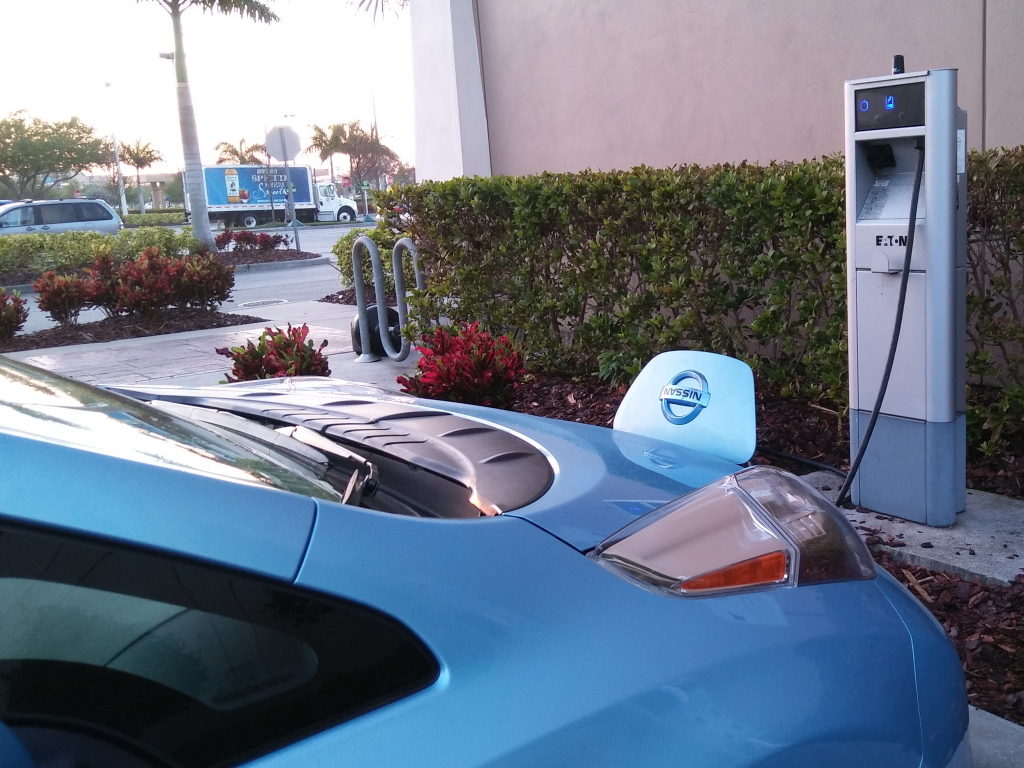






 Holly arrived in Chicago the next day and I borrowed mom’s car to pick her up. We spent the next few days busying ourselves with funeral arrangements. We went with Mom to pick out a casket and a gravesite. While we were there the funeral director suggested making a memorial on poster board. So we bought a 3-panel poster board, like the ones you see at science fairs, and I got to work scanning pictures of my dad. I then printed those pictures on my dad’s color printer and we pasted them on the board. I also designed a memorial flyer. It was good busy work.
Holly arrived in Chicago the next day and I borrowed mom’s car to pick her up. We spent the next few days busying ourselves with funeral arrangements. We went with Mom to pick out a casket and a gravesite. While we were there the funeral director suggested making a memorial on poster board. So we bought a 3-panel poster board, like the ones you see at science fairs, and I got to work scanning pictures of my dad. I then printed those pictures on my dad’s color printer and we pasted them on the board. I also designed a memorial flyer. It was good busy work.